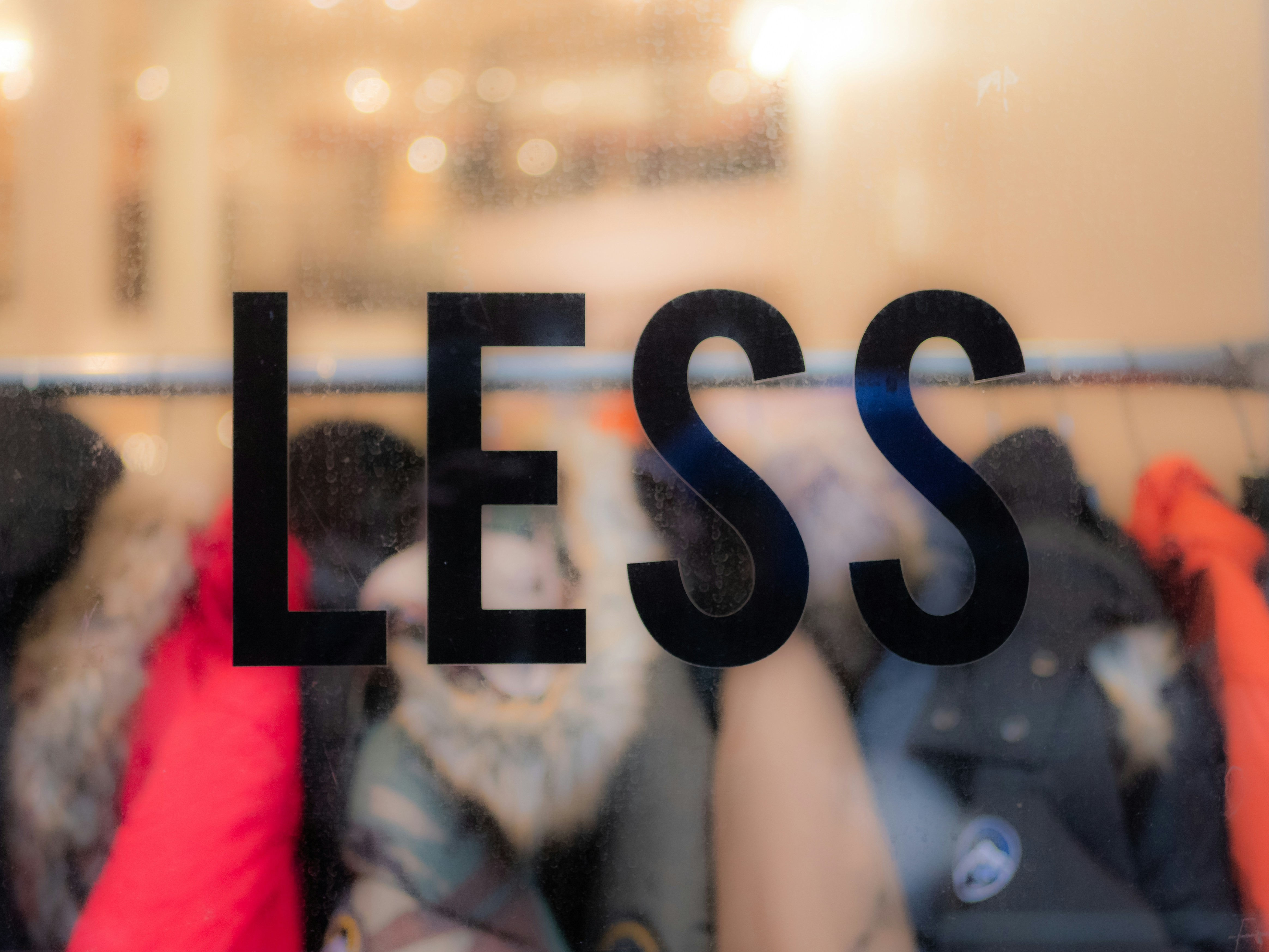The Emergence of Slow Living: A Societal Shift Towards Mindfulness
In the fast-paced world of the 21st century, a new cultural trend is quietly gaining momentum. It's called slow living, a lifestyle that encourages a slower, more mindful approach to life. Read below to delve into the origins, implications, and significance of this growing movement.

The Genesis of Slow Living
The slow living movement has its roots in the Slow Food movement that began in Italy in the 1980s as a response to the spread of fast food chains. The Slow Food movement advocated for a return to traditional food preparation methods and a focus on local and seasonal foods. This concept soon expanded beyond food, giving birth to the broader slow living movement.
The Principles of Slow Living
Slow living is not about doing everything at a snail’s pace but rather about doing things at the right speed—savoring the hours and minutes rather than just counting them. It’s about quality over quantity, real over synthetic, and the pleasure of the senses over the thrill of speed. It encourages individuals to step back from the rush of modern life and to take the time to enjoy the simple things.
Slow Living in Today’s Society
In today’s society, slow living is manifesting in various ways. People are increasingly seeking out mindful practices like yoga and meditation, choosing to work fewer hours or opting for remote work to avoid stressful commutes, and prioritizing time spent with loved ones over material possessions. This shift is also reflected in the growing popularity of minimalist design, farm-to-table dining, and sustainable fashion.
The Societal Impact of Slow Living
The slow living movement has significant implications for modern society. It challenges the dominant narrative of constant growth and productivity, offering an alternative model that values sustainability, well-being, and community. By promoting a more mindful, intentional approach to life, slow living could help to alleviate some of the stress and burnout associated with modern life.
The Future of Slow Living
As society continues to grapple with the challenges of the 21st century, from climate change to mental health crises, the principles of slow living are likely to become increasingly relevant. While it’s not a panacea for all of society’s ills, slow living offers a promising path towards a more sustainable, balanced, and fulfilling way of life.
In conclusion, slow living is more than just a trend—it’s a cultural shift that reflects a growing desire for a more mindful, sustainable, and balanced way of life. As we move forward into an increasingly uncertain future, the principles of slow living offer a beacon of hope for a more sustainable and fulfilling way of life.





